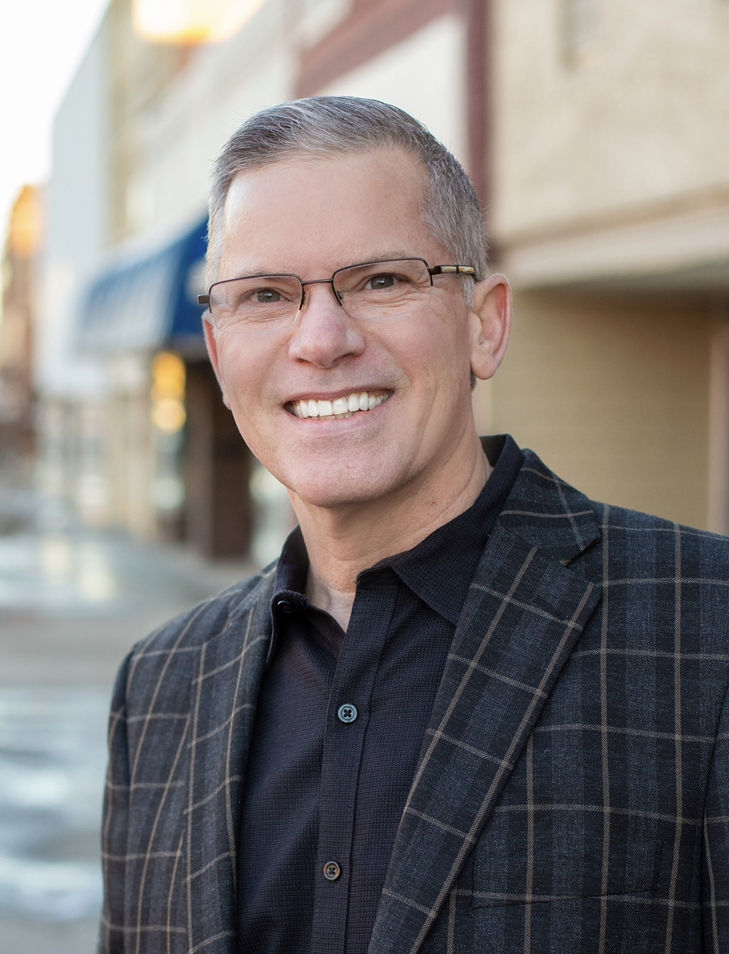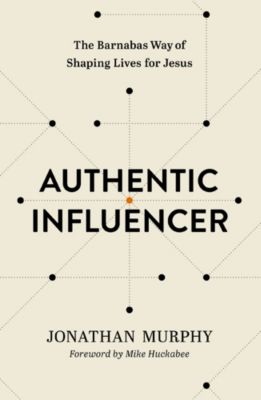
Here are a few questions to ask yourself to help you keep your private identity and pastor persona aligned.
By Mark Dance
Thankfully, pastors don’t have award shows and trophy cases like actors and athletes. But we are not immune from the distractions that come with applause. We should assume the best motives for pastors who get up each day to fulfill their calling. But let’s take a minute to address the spotlight in the room. Those who serve in public ministry roles must discern the distinction between who we are and what we do.
I’ve preached almost every week for the last 35 years—my entire adult life since I became a “senior pastor” at 22 years old. Here are a few questions to ask yourself to help you keep your private identity and public pastor persona aligned.
1. Is your pastor persona unbiblical and/or unrealistic?
In a recent interview with a secular news agency, the interviewer asked if pastor burnout was connected to the unrealistic expectations of church members. I told the reporter I believed burnout was more tied to the pastor’s unrealistic expectations of himself than that of his members.
Pastors with a hero complex will often be heard talking about how busy they are. They make themselves accessible to the 24/7 danger zone—which is patently unbiblical. Pastors without boundaries will eventually burn out and some won’t realize it until they’ve hurt themselves and/or their families.
“We can’t save anyone from their sins, but we can save them from our stupidity.” — @markdance Click To Tweet“Pay close attention to your life and your teaching; persevere in these things, for in doing this you will save both yourself and your hearers” (1 Timothy 4:16, CSB).
We can’t save anyone from their sins, but we can save them from our stupidity.
2. Is there a disconnect between your voice on-stage, off-stage and online?
Although your speaking “voice” sometimes projects more, it still needs to be authentically your voice. The best way to do this is to recruit a few trusted friends to listen to recent messages and give you feedback. Warning: This is not for faint hearts or fragile egos!
In the 1980s, some preaching voices quivered like W.A. Criswell or thundered like Billy Graham or Adrian Rogers. More recently, I sometimes hear notes of David Platt, Matt Chandler, or John Piper. If you listen to someone long enough, they will inevitably rub off on you, which is fine. Just know that if the person people talk to off stage doesn’t sound like the person preaching on stage, you may be coming across as more of a persona than a real person.
“If the person people talk to off stage doesn’t sound like the person preaching on stage, you may be coming across as more of a persona than a real person.” — @markdance Click To TweetThe same applies to your online presence. Avoid the temptation of using fancy words online that you don’t normally use offline. And please, don’t post too many quotes and pictures of yourself from Sunday.
3. Is your bio consistent, accurate, and updated?
Ever-present resume scandals should give us all pause. Politicians frequently embellish their education and experience. When those are exposed, Washington D.C. has one more thing to argue about.
All social media channels have room for short bios, which are, for the most part, not intended to be micro-resumes. Facebook and LinkedIn are exceptions because their algorithms are set up to connect you with others who share your interests and background (i.e., work, school, hobbies).
My advice is to make sure all your bios are truthful and brief. This also applies to your resume. It is easy to overestimate people’s interest in your work history and education. Bios are intended to be short summaries, not biographies.
“Be intentionally consistent about how you represent yourself both inside and outside your ministry.” — @markdance Click To TweetA couple of days ago, someone I’ve only known briefly asked me how my sermon went last Sunday, mentioning the specific location, which surprised me. She not only found out I was a preacher. She knew where I had preached. Welcome to ministry in the 21st century!
So, whether you are a friend, fan, follower, or creepy stalker, there is only one me. And there is only one of you. So be intentionally consistent about how you represent yourself both inside and outside your ministry.
For permission to republish this article, contact Marissa Postell Sullivan.

Mark Dance
After serving as a pastor for 27 years, Mark Dance is now the director of pastoral wellness for GuideStone Financial Resources and is the author of Start to Finish.










